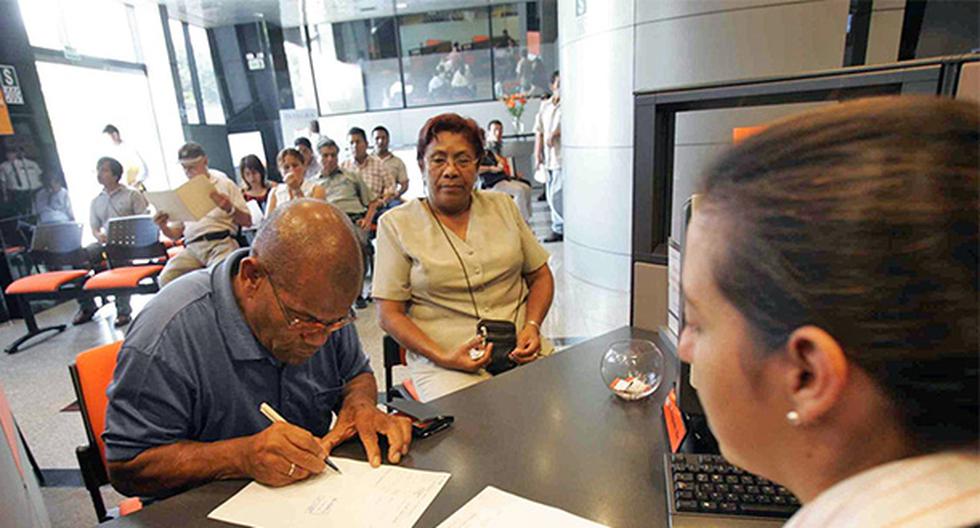After the Congressional Economy Commission approved a sixth withdrawal of funds from the Private Pension System (SPP), this time to give access to all affiliates up to 4 UIT (S/ 18,400)various specialists have ruled on the implications of the measure, which will finally have to be debated in the plenary session of Parliament.
In this regard, the former Minister of Economy, Luis Miguel Castilla, pointed out that it seems irresponsible to him that a sixth withdrawal has been approved in commission because the measure does not benefit the poorest and would be affecting the future of Peruvians, because his pensions has decreased considerably.
“The money has already been returned to those who need it most and if it continues, it would be favoring those affiliates who have higher incomes, higher balances in their individual accounts and who are employed.“, accurate.
LOOK: Specialty Coffee Expo SCA: Peruvian coffee of excellence achieves nearly 10 million dollars in sales
Meanwhile, the economist and former Minister of Labor, Jorge González Izquierdo, said that the project distorts retirement savings and that it could cause problems at the macroeconomic level.
“It’s a barbarity. It is already the sixth withdrawal that would be made of AFP funds since 2020 when the pandemic began. There are already 2 million affiliates who have zero soles in their accounts and that is going to increase and it could go to 3 million or more. So, they are practically distorting the concept of retirement in Peru. The problem is people who are spending, are eating their retirement savings today”, he detailed.
Untargeted and populist measure
For his part, the managing partner of Macroconsult, Elmer Cuca, was against the sixth withdrawal of funds from the AFP, pointing out that it is a measure that is not focused on those who really need it and criticized Congress.
“It is unnecessary today because the formal sector has been the least affected and this is not going to go to the popular classes or to the informal or the independent. It is a terrible sign, one of the worst; many of us complain about the Executive for populism, but the populism of this Congress is also aberrational”, he expressed.
In turn, the former Minister of Economy, Alonso Segura, argued that it is a populist measure by Congress because the members who will agree to withdraw from the 4 UITs do not belong to the poverty segment nor are they vulnerable.
“There have already been a number of successive withdrawals. At the beginning, two years ago, at the height of the quarantine, one could perhaps understand, but at this time, AFP affiliates in general are not in the poverty or vulnerable segment and have already had several withdrawals for significant amounts. They are mortgaging the future of these people. It is a populist measure”, he explained.
The economist Hugo Ñopo spoke through his Twitter account: “Popular but wrong. (I don’t remember anymore, but) it’s the fifth or sixth mistake in the series. This time it will cost us a little more expensive: taking international credit will be much more expensive for the country”.
Peru’s rating is at risk
The director of sovereign ratings for the Americas at Fitch Ratings, Kelli Bissett – Tom, indicated that Peru’s low rating is due to the greater use of populist measures during the pandemic, such as the withdrawal of pension funds, which would have an impact on the economy.
“We downgraded Peru in October in part due to populist measures during the pandemic, such as pension fund withdrawals, government balance sheet period and the impact of Peru’s economy”, he emphasized.

















